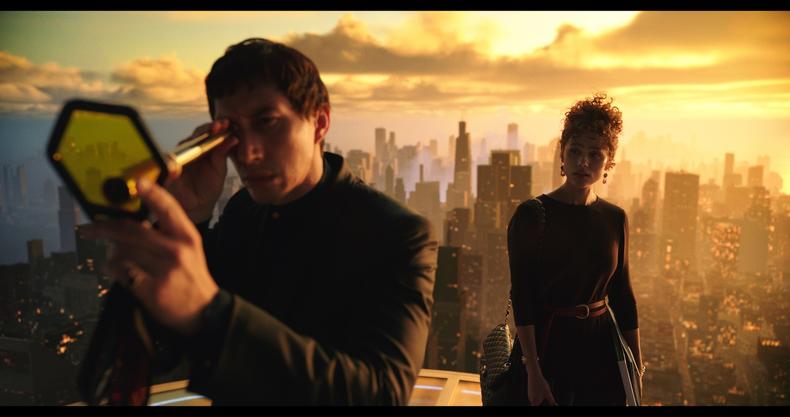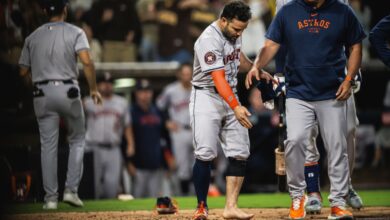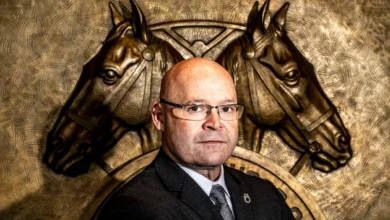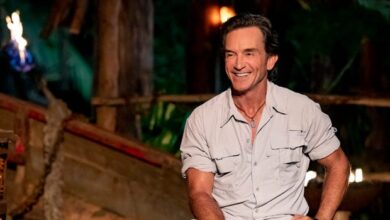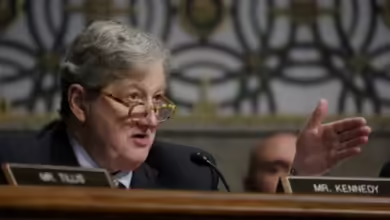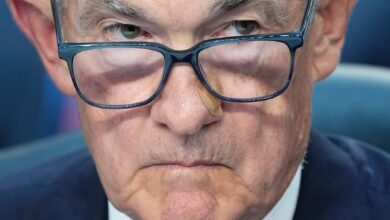Adam Driver on His Long Road to ‘Megalopolis’
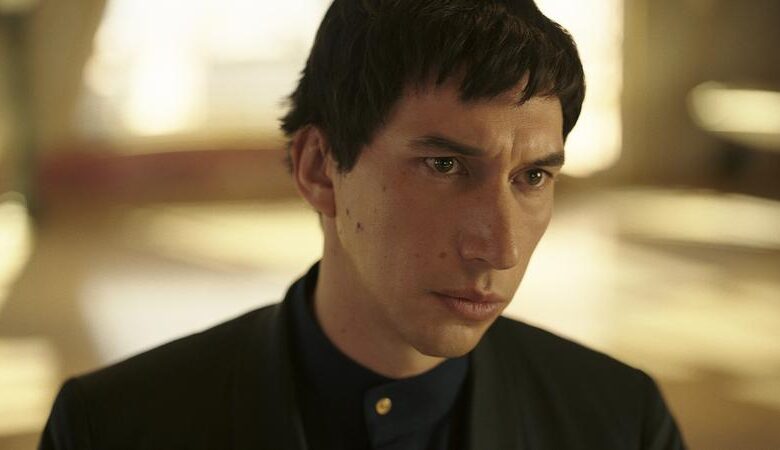
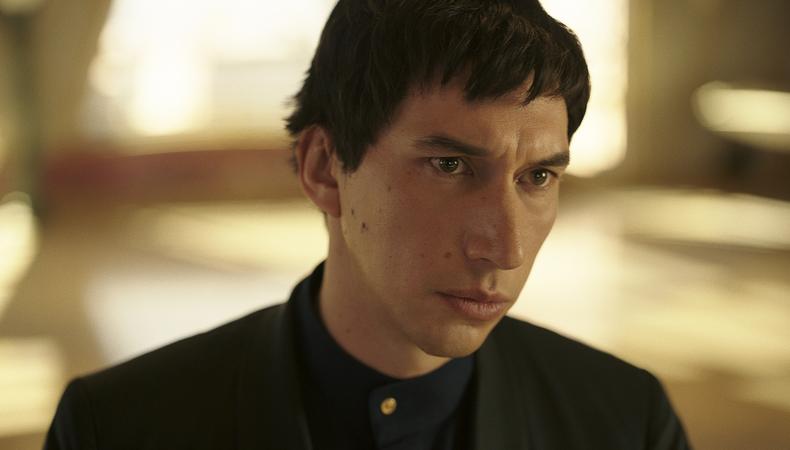
No matter the accolades he receives or the countless iconic filmmakers who seek him out, Adam Driver can’t quite fathom how far his career has taken him. “Even now, it doesn’t get less surreal,” he says.
But the proof is in the pudding: To date, the actor has earned two Academy Award nominations, four Emmy nods, and a Tony nom. He’s headlined projects from cinema legends including Michael Mann, Ridley Scott, Spike Lee, Steven Soderbergh, and Martin Scorsese, to name just a few. Next up, Driver is starring in Francis Ford Coppola’s long-gestating epic “Megalopolis,” which hits theaters Sept. 27. “I’m good at making myself available for these opportunities to happen, but I’m really lucky,” he tells us.
Driver’s unique journey from his Indiana hometown to “Megalopolis” included a stint in the Marines before he eventually landed at Juilliard. He cut his teeth Off-Broadway, then quickly rocketed to stardom thanks to his scene-stealing turn on Lena Dunham’s HBO series “Girls.” That performance led to everything from the latest “Star Wars” trilogy to Noah Baumbach’s “Marriage Story.”
Coppola’s sci-fi drama, which has been decades in the making, follows architect Cesar Catilina (Driver) as he embarks on a mission to rebuild the decaying city of New Rome into a sustainable utopia. “Francis is so inspiring to me,” the actor says. “Working on this film felt like experimental theater.”
Here, Driver opens up about working with the legendary filmmaker, his return to the stage, and how he keeps things fresh.
How do you ground yourself when stepping into a sprawling world like the one in “Megalopolis”?
I went off of the rules that Francis set. The first day of shooting, one of his directions to everybody in the room was, “We’re not being brave enough,” which I think was the best piece of direction that I’ve ever been given. He wasn’t interested in making something that people had seen before. He wanted to try to push the medium and make it cinematic and entertaining and about big ideas, but also push performances toward not being so literal, because he has faith that an audience can handle ambiguity.
Does your approach change from project to project?
Absolutely. I prefer a lot of takes because I come from theater, where it gets more economical and you get more relaxed. But not everybody works that way. So I try to adapt to what the set culture is, because it’s not my film, it’s theirs. Spike Lee and Steven Soderbergh like to move fast, and I understand that principle, too. Sometimes your best impulse about a character happens in the first read, and then you overthink it and it turns out to be some bastardized version of what was a better idea the first time you read it. So I try not to get set in one way of working.
What was the most important step in your early training as an actor?
School was massive for me, because I had no technique [before that]. And I was lucky—I went to a classical theater training program at Juilliard. Being in the military before that was also really great training because it’s so physical. You’re working in a platoon, and you have to collaborate.
Making a film and being in a gun team in the military—obviously, the objectives are different, but some of the circumstances are exactly the same. You’re improvising under pressure, and you have to follow a chain of command. For one, the stakes are life and death, and for the other one, you’re pretending they’re life and death. Those two are seemingly oppositional, but they are definitely in dialogue with each other in my mind.
How do you think you’ve evolved as an actor over the years?
I don’t work the same way that I did when I was 20. A lot of things change; your biology literally changes. You get tired more, you get kids, you get married, and you have to be more judicious about how you spend your time. Before, I had all the time in the world to work on a part because there was no one distracting me.
And then you just change your perspective on life. You start trusting more that you have a process, and you become familiar with the stages of: Oh, this is where I usually have a meltdown and doubt every choice that I’ve made. And instead of taking it out on everybody, I’ve learned that I’ll just keep that to myself and this is just a natural part of it. And I’m an actor, so realizing that, ultimately, I don’t have a lot of control over how it turns out. I used to never watch the things I’ve done, and now I try to watch all the movies that I’m in.
I try to not get stuck in a “right” answer. I look to people like Francis: He has accomplished so much, but he’s still so open and curious and would probably say that he also doesn’t know anything, and that makes me feel at ease. What’s great about being an actor is that you can do it well late in life and never quite crack it.
Next up, you’re starring in the Off-Broadway revival of Kenneth Lonergan’s “Hold on to Me Darling,” which opens Sept. 24. What keeps drawing you back to the stage?
I love theater. It’s familiar to me; that’s how I started. I love the pressure of the potential disaster of a live performance, and I love that every night it’s always going to be different. I like to get another bite at the apple and know that the last performance on Dec. 22 will probably be our best one because I’ll have solved some things. So, I’m having a great time. This is our last week of rehearsals, and we’re going to grab some students and have them watch us and tell us how bad we are.
Just make sure they come back for that grand closing night!
Watch it be the worst performance ever. [Laughs]
This interview has been edited for clarity and length.
